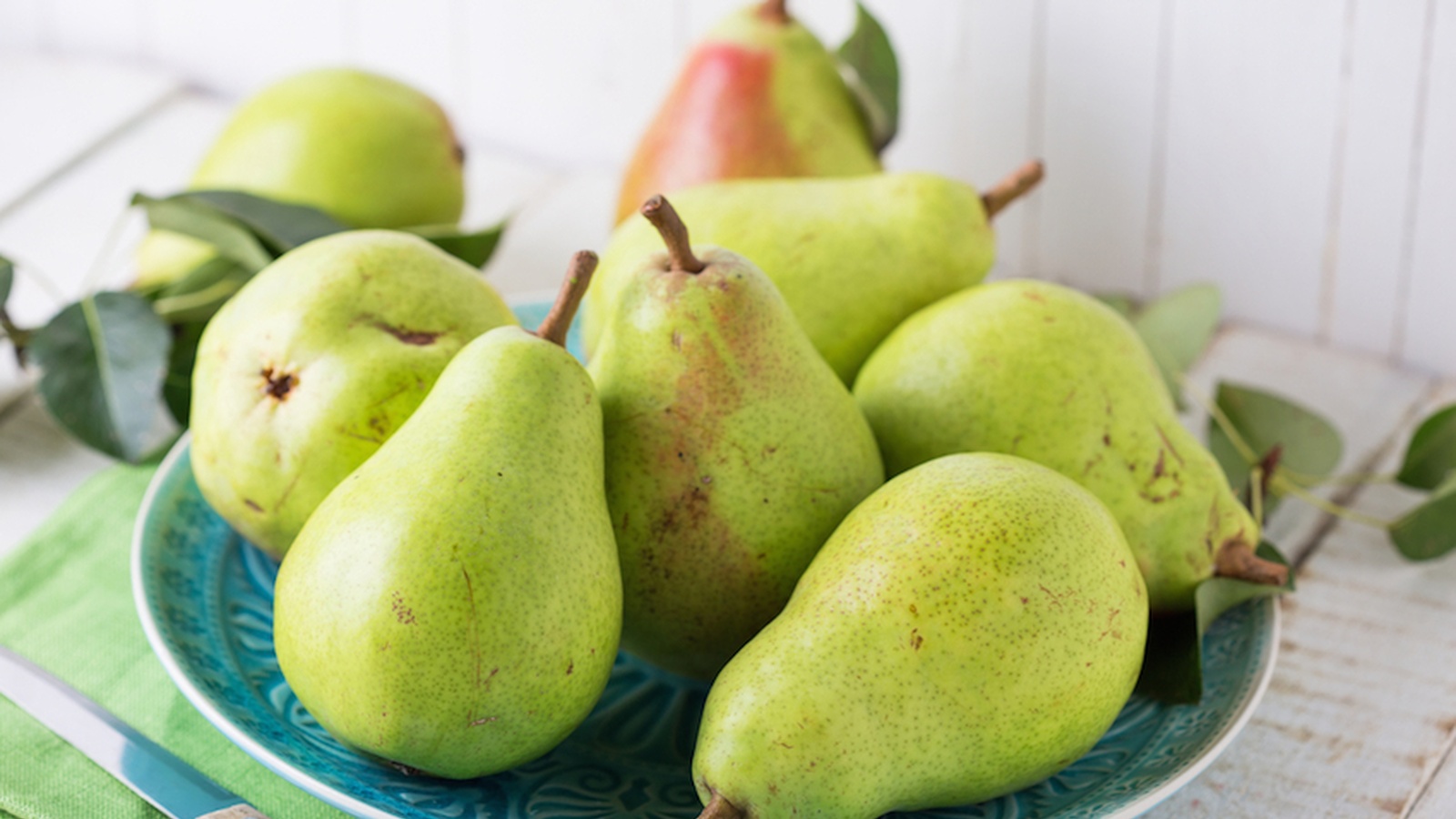4 Reasons Why You Should Limit Fructose
We colloquially refer to ‘sugar’ as the white, processed stuff we use for baking. However, from a nutritional science perspective, there are many, many different forms of sugar in the human diet. Nutritionists class these different types of sugar broadly beneath the overarching banner of ‘carbohydrates’. The universal attributes of carbohydrates and sugar are that they tend to be used by the body as fuel or provide fiber.
So as you can see, ‘sugar’ technically refers to a broad range of compounds that are found in the human diet. However, not all are equally good for us and most importantly, where does fructose fit into the picture of health?
1. Fructose for IBS
Dr Sue Shepherd, who pioneered the low FODMAPs Diet, identified certain natural sugars (called ‘FODMAPs’) that may cause symptoms of IBS. Fructose is classified as one of these FODMAPs, so some people with IBS may find that moderating their intake of high-fructose fruit relieves their symptoms. However, most people with IBS can still tolerate lower FODMAP fruit
2. Fructose for Autoimmune Disease
Some evidence has emerged that excess sugar and fructose may contribute to poorer gut health and ultimately, Leaky Gut Syndrome. Tiny ‘leaks’ in the gut may allow toxins to seep into the bloodstream and trigger autoimmune conditions. Therefore, there may be a benefit to moderating fructose intake in the presence of autoimmune disease.
3. Fructose For Candida
Many natural health experts agree that candida overgrowth may be worsened by a high sugar diet. Unfortunately, candida doesn’t distinguish fructose from other sugars and will use all forms as a food source to thrive and multiply. If you have chronic issues with candida, it may be beneficial to minimize your sugar intake (including fructose) whilst pursuing other holistic treatment options. Please note that this is a short term measure and that moderate fruit intake can usually be resumed once the candida infection is resolved.
4. Fruit For Dental Decay
Dental caries are all too common and diet is one known contributing factor. The following high-fructose foods may contribute to tooth decay:
Fruit juices are acidic and may erode enamel with regular consumption
Dried fruit and bananas ‘stick’ to teeth and are food for the bacteria that cause decay
Canned fruits in sugar syrup also provide an environment for dental bacteria to thrive in
(TIP: Fresh fruit best for your teeth! Limit juice, dried fruit, jellies and jams.)
But It’s Not All Bad!
Fructose For Energy
Our body gets fuel from two main sources; firstly, our cells get energy from glucose, which our body converts from carbohydrate foods and protein (to a lesser extent). Our body can also get energy from ketones, which are produced from fats. Fruit provides energy through the first and former pathway and is metabolized by the body to make energy.
Fructose As A Whole Food Source
We don’t take a microscopic view of food as merely being a source of calories and energy. Fruit is also abundant in many vitamins, minerals and antioxidants which help our body to thrive. Fruit is therefore so much more than just a delicious mouthful of fructose! It also provides:
- vitamins, minerals, antioxidants and bioactive compounds
- phytonutrients
- high satiety, keeping you fuller for longer!
- fibre
- pectin
- slow release sugar (if low GI)
- Water
- Folate
- Potassium
Questions about fructose? Ask us below!
Discover how to lose excess fat from your belly, face & thighs in less than 7 days with this simple ancient practice. Watch the Detox Masterclass here. Playing for a limited time!










